- About us
- Support the Gallery
- Venue hire
- Publications
- Research library
- Organisation chart
- Employment
- Contact us
- Make a booking
- Onsite programs
- Online programs
- School visit information
- Learning resources
- Little Darlings
- Professional learning
Horatio Herbert Kitchener, First Earl Kitchener of Khartoum (1850–1916) was the preeminent British military figure of the late Victorian and Edwardian periods. After an appalling childhood in Ireland, France and Switzerland, he scraped through military school. He served four years in Palestine from 1874, and, having become fluent in Arabic, distinguished himself as an intelligence officer in the Sudan. Later, he trained up the Egyptian army to recapture Sudan from the Dervishes. Ruthlessly, he deployed British forces against the Boers in South Africa; those who persist in regarding ‘Breaker’ Morant as a hero still blame Kitchener for the execution of Morant and Peter Handcock in 1902. After some years commanding India’s army, he came to Australia to advise on the country’s defence forces. The ‘Kitchener Report’, written during a rapid 1909–1910 tour, laid down the structure of the Australian military and also the nature of the military academy, which became Duntroon. As secretary of state for war (and the famously moustachioed ‘face’ of World War 1) it was Kitchener, under pressure, who sent troops to the Dardanelles; thus, he committed the Anzacs, under the command of his protégé, William Birdwood, to Gallipoli. Many agonising months later, Kitchener approved the evacuation. He died in June 1916 when the ship on which he was travelling hit a German mine; his body was never found.
Purchased 2016



On one level The Companion talks about the most famous and frontline Australians, but on another it tells us about ourselves.
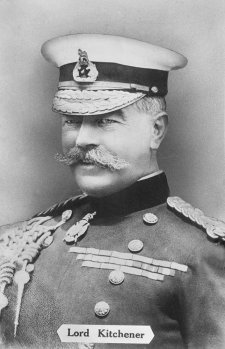
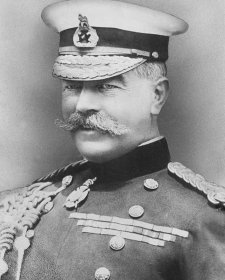
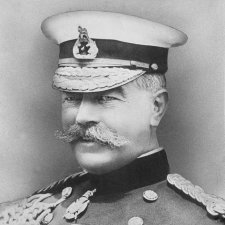
Sarah Engledow bristles at the biographers’ neglect of Kitchener’s antipodean intervention.
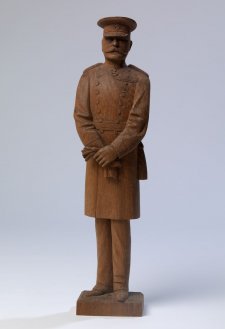
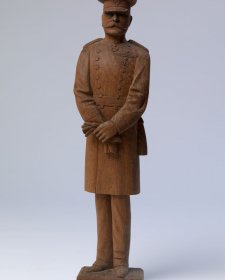
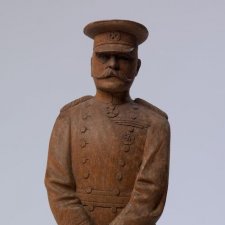
7 March 2016
Once central to military strategy and venerated in patriotic households, Lord Kitchener is now largely forgotten.